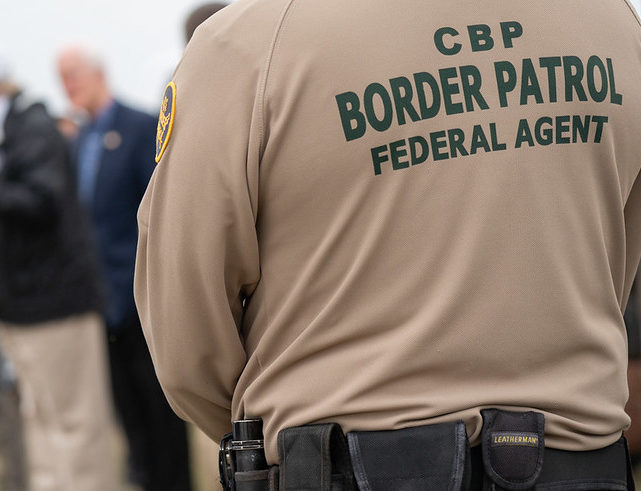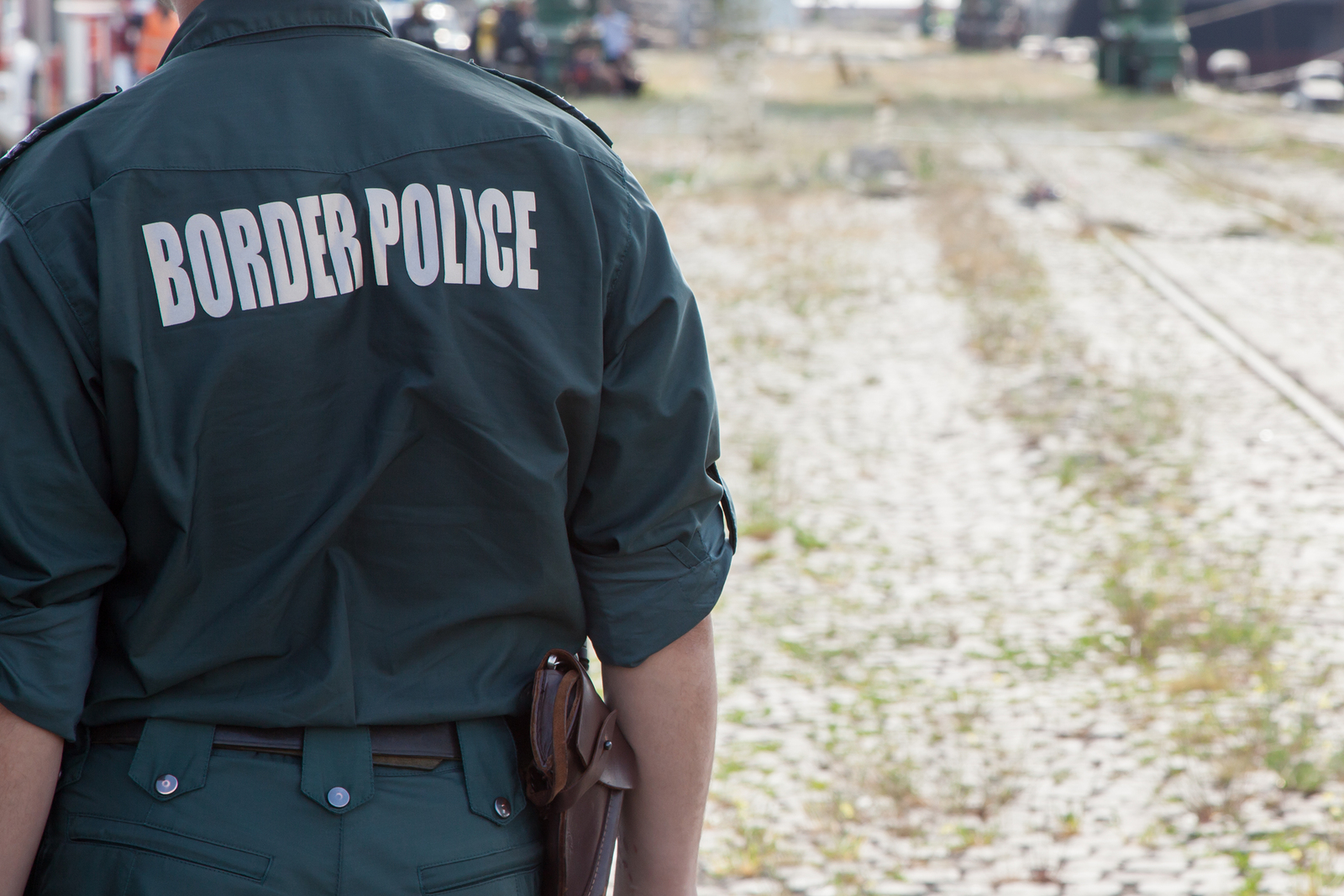Migrant Center Resident Charged With Sexual Assault of 12-Year-Old Manchester Girl

A migrant center resident who allegedly molested a 12-year-old Manchester girl had recently finished his probation on a federal identity theft conviction.
Angel M. Rivera-Laureano, 59, was arrested last month at the migrant shelter in Chelmsford, Mass., on the Manchester warrant, according to court records obtained by the Maine Wire. But Rivera-Laureano’s known criminal history goes back to at least 2012, when he was caught cashing counterfeit IRS checks in the Queen City, according to court records.
The Maine Wire quotes a “law enforcement source with knowledge of the case” that Rivera-Laureano is a suspected illegal immigrant using different names and identities since coming to the U.S.
“The source said Jan. 1 is a birthday frequently used for illegal aliens living under assumed identities and that law enforcement isn’t even certain Rivera-Laureano is his real name,” the Maine Wire reported.
Rivera-Laureano’s story adds to the drumbeat of crime news involving migrants. On Monday, two New York City police officers were wounded in a shootout with a Venezuelan man who was in the country illegally.
According to the New York Post, a judge closed the immigration case against alleged shooter Bernardo Castro Mata, 19 on May 6. Mata illegally crossed the border into Eagle Pass, Texas, where he was caught and arrested but later released in July 2023, according to the report.
President Joe Biden is finally bowing to pressure on the border. On Tuesday, he announced an executive order closing down ports of entry to those seeking asylum. But Biden’s move after years of stalling is not enough, says Republican gubernatorial candidate Kelly Ayotte.
“Joe Biden’s open-border policies have allowed millions of unvetted illegal immigrants into our nation and made our country less safe. Biden’s political move today is too little too late and does not do enough to stop the flow of illegal immigrants into our country” Ayotte said.
Ayotte, a former U.S. senator, is facing former state Senate President Chuck Morse in the GOP primary for governor.
“This horrific example illustrates how weak border policies make every state a border state, inviting drugs, crime, and gang activity to New England,” Morse said. “Candidates like Kelly Ayotte, who voted to give amnesty to millions of illegal immigrants, are no better than Joe Biden and can’t be trusted to suddenly grow a backbone on this issue. As governor, I will always protect New Hampshire families and will not back down from maintaining strong stances on immigration.”
The Ayotte campaign pushed back against Morse’s claim.
“Kelly Ayotte has never and will never support amnesty. Chuck Morse can’t rewrite history — he killed the sanctuary city ban and didn’t use E-Verify at his own company,” said spokesperson John Corbett.
Neither of the two major Democratic candidates for governor, former Manchester Mayor Joyce Craig or Executive Councilor Cindy Warmington, responded to a request for comment. Craig’s previously expressed openness to so-called sanctuary cities. Warmington has said that while she’s not a fan, she would not seek to ban them. Ayotte said Craig and Warmington are not going to protect Granite Staters.
“Joyce Craig and Cinde Warmington support [Biden’s] disastrous policies and would turn New Hampshire into a sanctuary state. As Governor, I’ll never allow that to happen, and I will work every day to protect Granite Staters.”
U.S. Marshals caught Rivera-Laureano at a taxpayer-funded shelter operated by the state of Massachusetts, according to the Maine Wire. The converted Best Western hotel is now a shelter for illegal aliens or homeless U.S. citizens. Why Rivera-Laureano was living at the shelter is unknown. Court records list two addresses, the shelter and a home in Chelmsford, Mass.
Rivera-Laureano was sentenced to three years in federal prison after he pleaded guilty to several counts including aggravated identity theft and fraud in 2013. He reportedly had fake drivers licenses made for an accomplice he recruited in New York, and the pair went north to cash the fake IRS checks in Manchester where they were caught.
Rivera-Laureano’s exact immigration status isn’t clear from available court records. His plea agreement and sentencing memorandum do not reference his immigration status being put at risk for the plea. There is a note in the sentencing order written by Judge Joseph Laplante recommending that Rivera-Laureano be allowed to serve his incarceration as close to Manchester as possible.
After his release in 2016, Rivera-Laureano was ordered to be on supervised probation for another three years, according to the sentencing order. That means Rivera-Laureano was free and clear as of spring 2019.
Rivera-Laureano came to live with an aunt in New York at age 16 after suffering abuse from his heroin-addict mother and her family, according to his sentencing memo. His father had abandoned the family when he was a small child, the memo states.
“It is clear that the defendant experienced a deeply deprived upbringing which left him unprepared for adulthood, the ramifications of which continue to this day,” the memo states.
Rivera-Laureano’s now being held without bail at Valley Street Jail in Manchester. He’s due in court for an arraignment in July.




